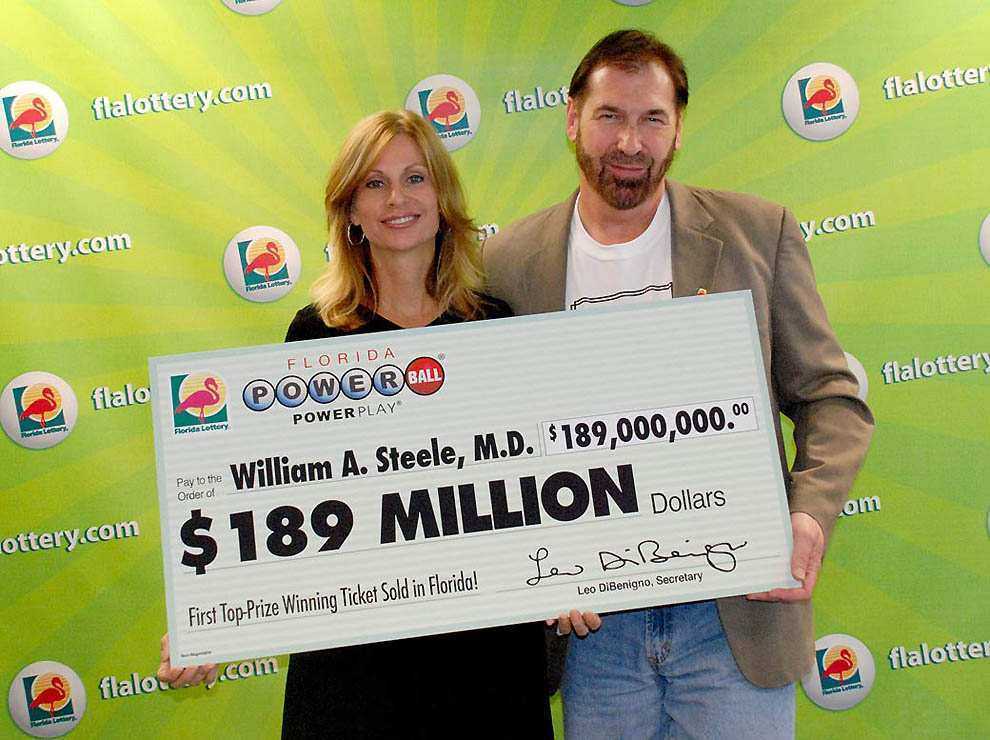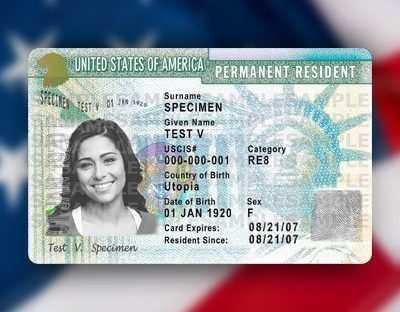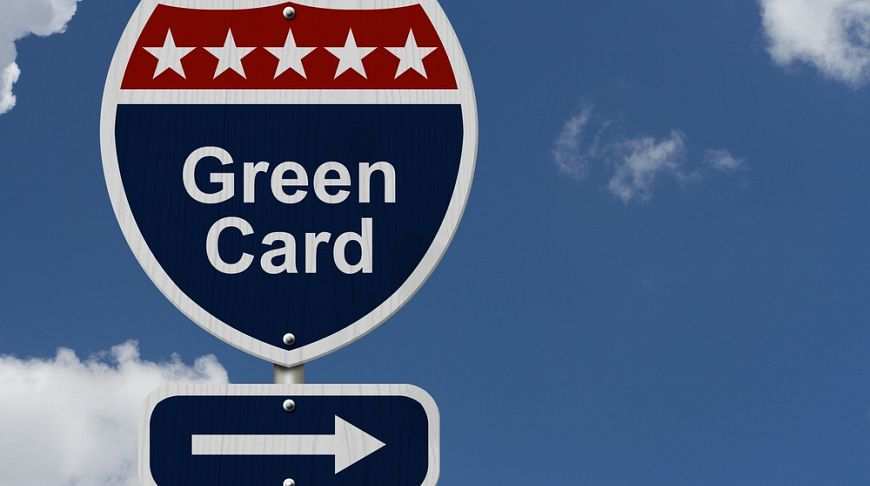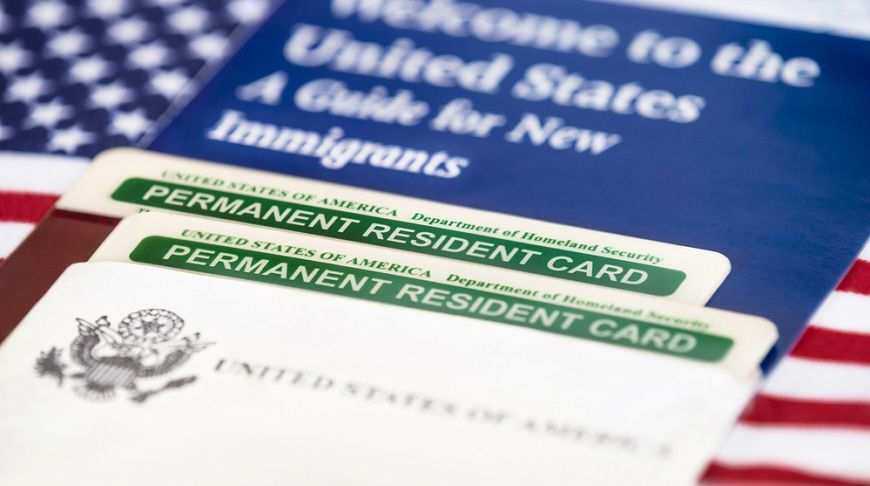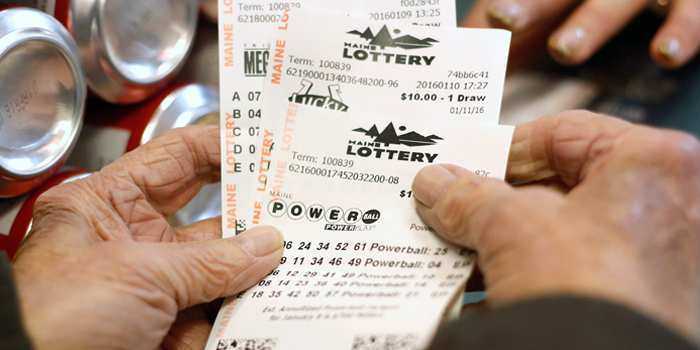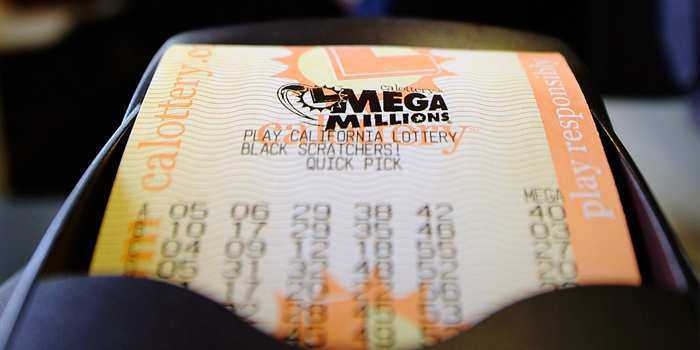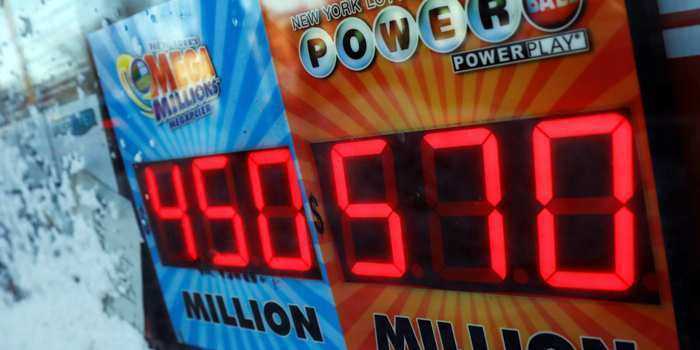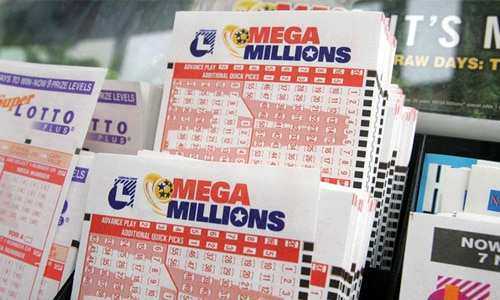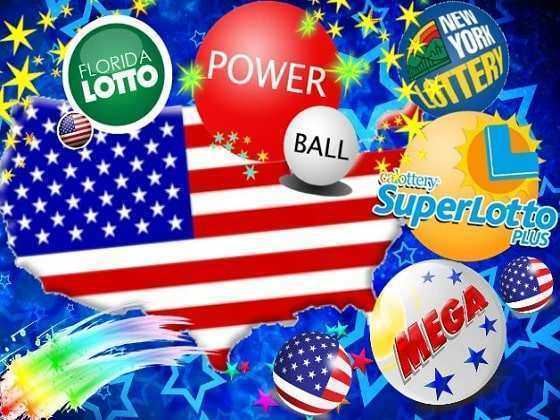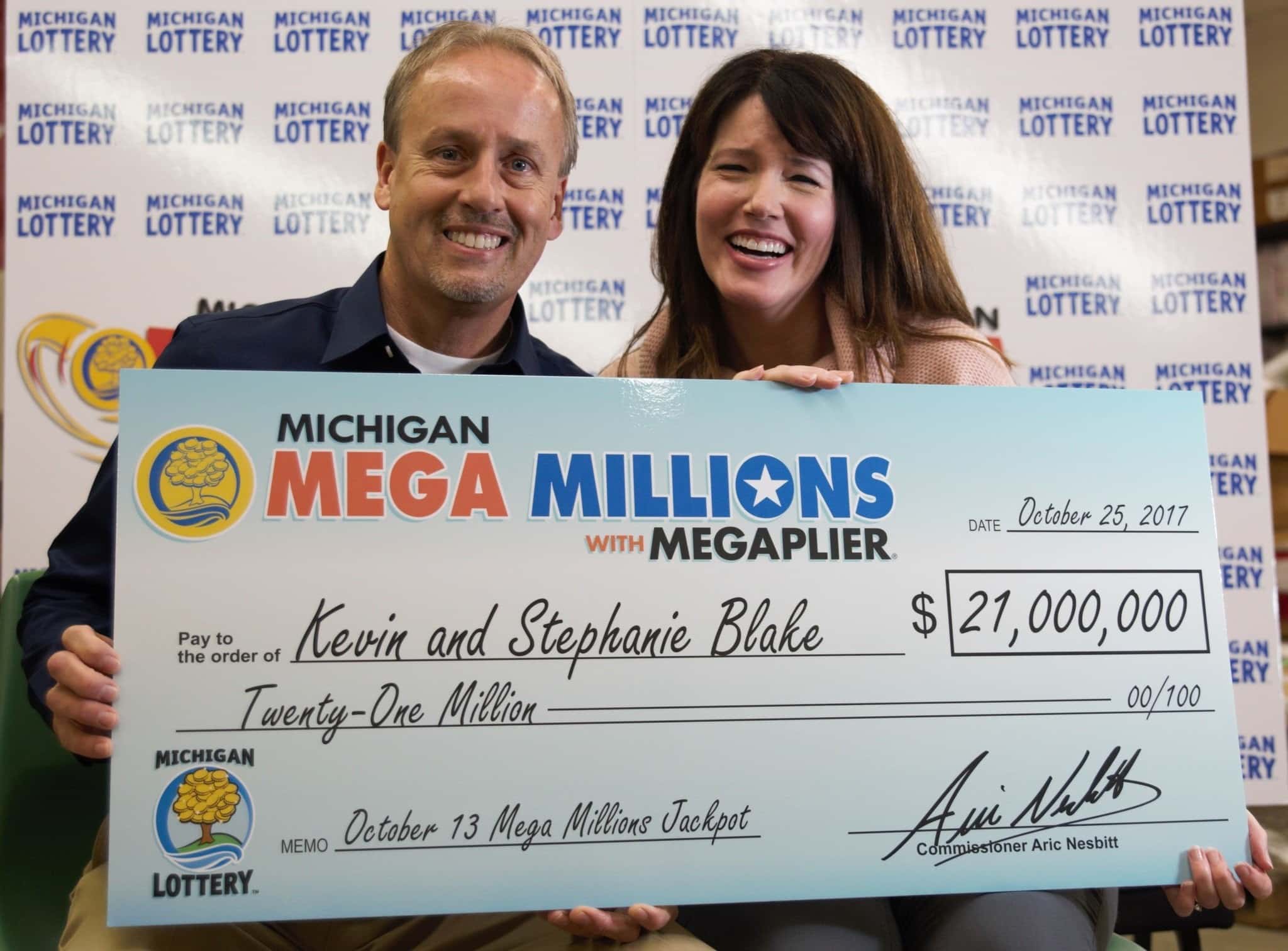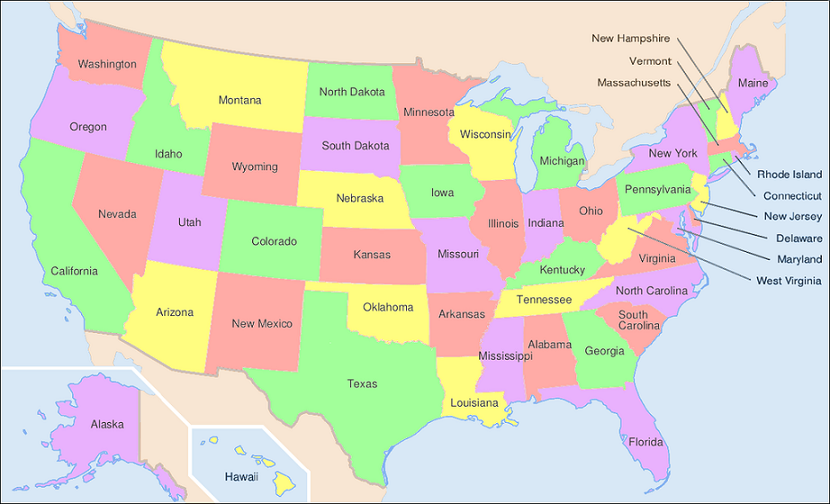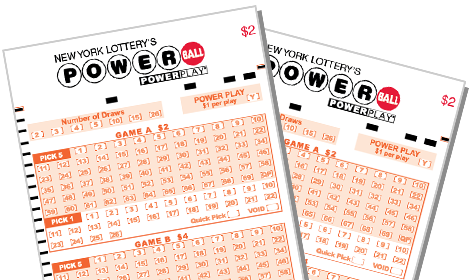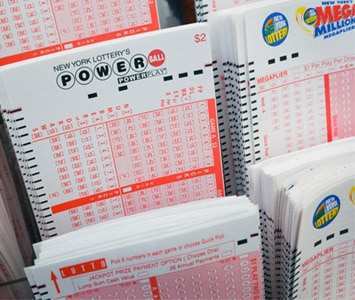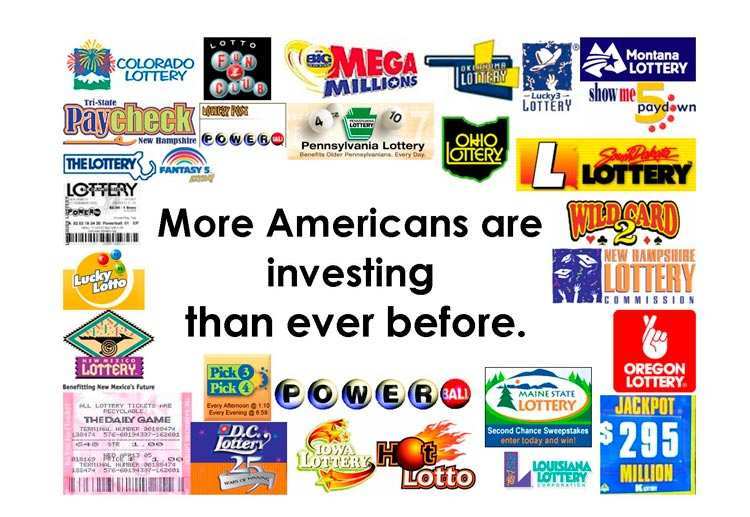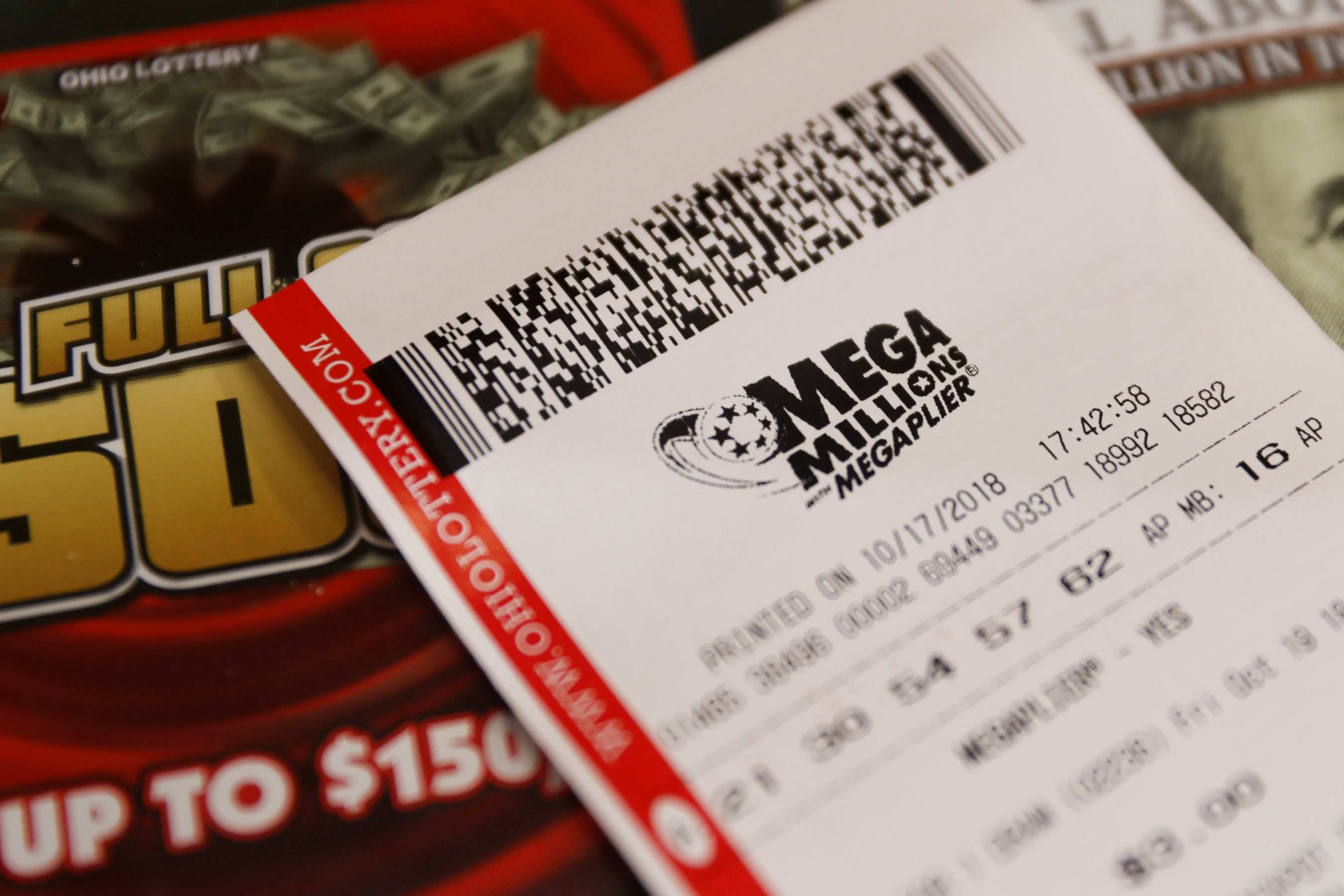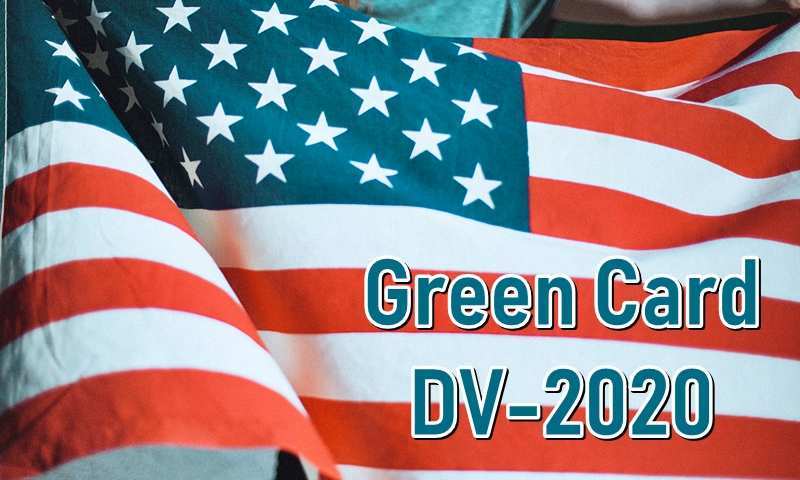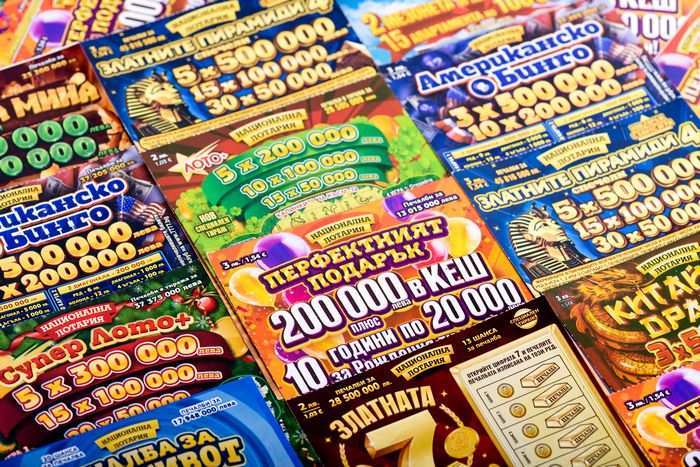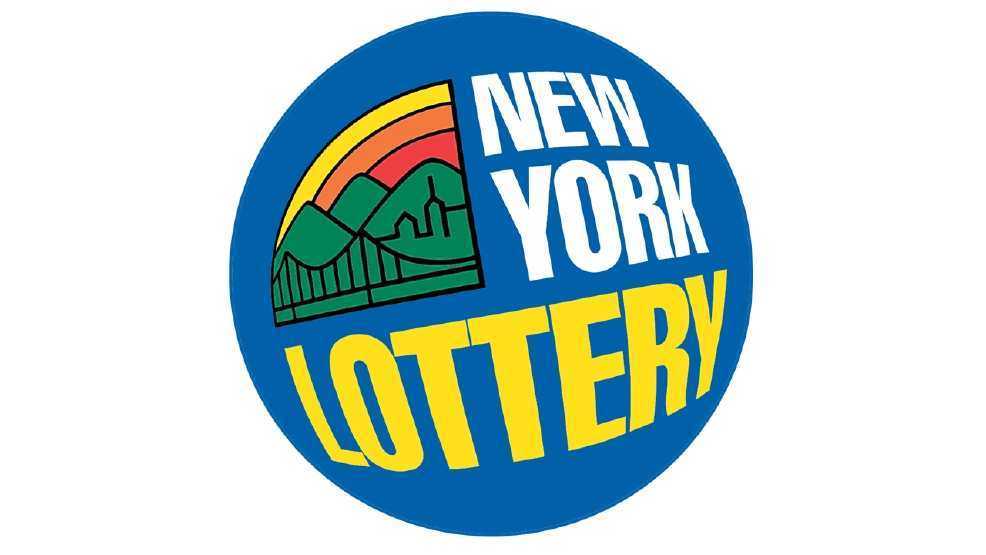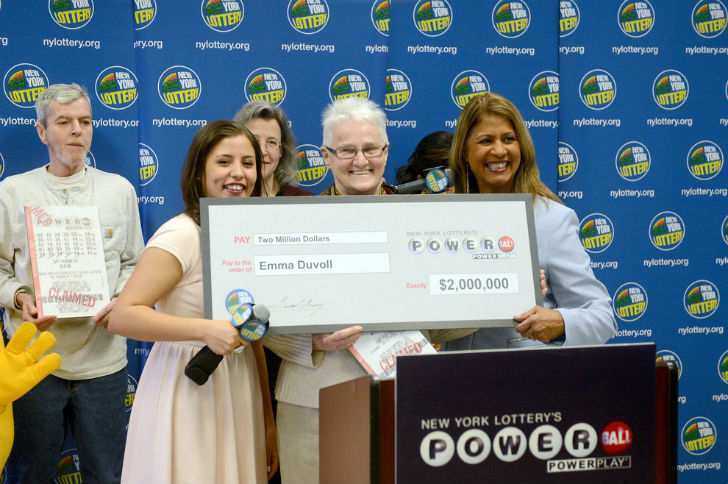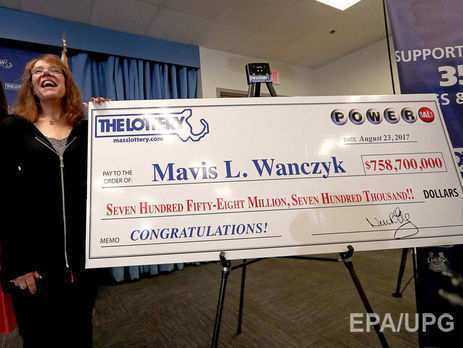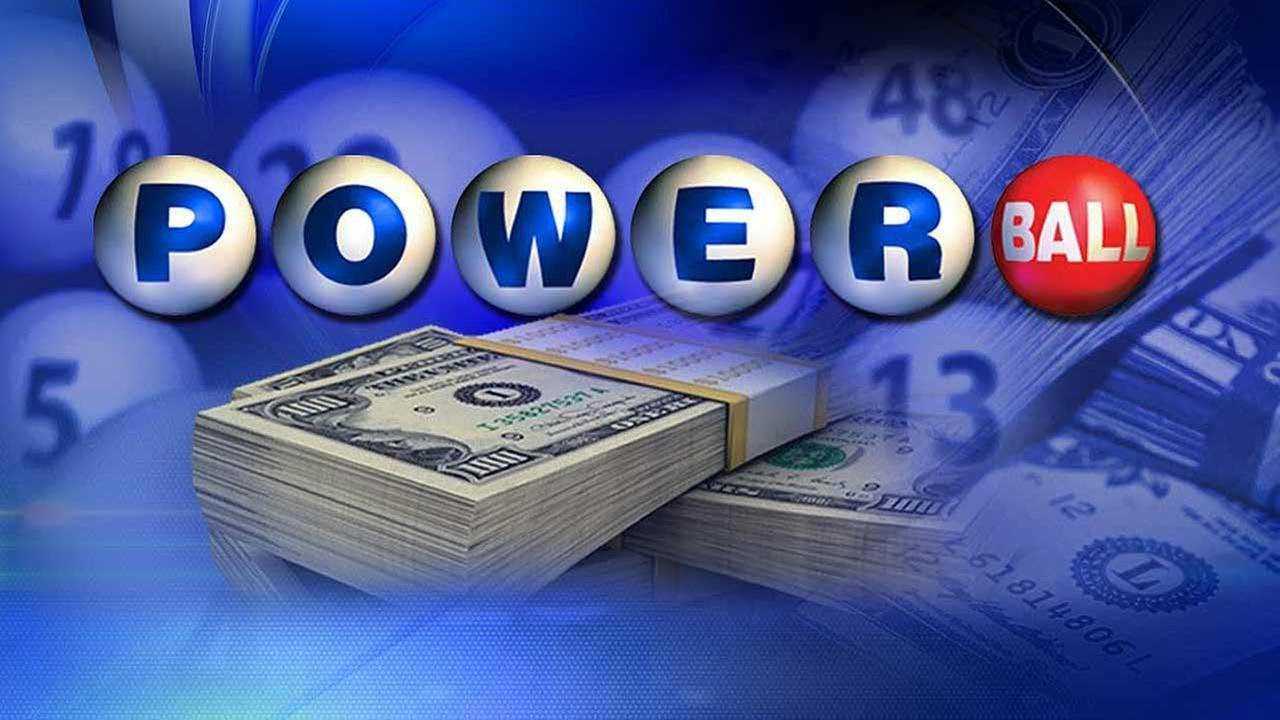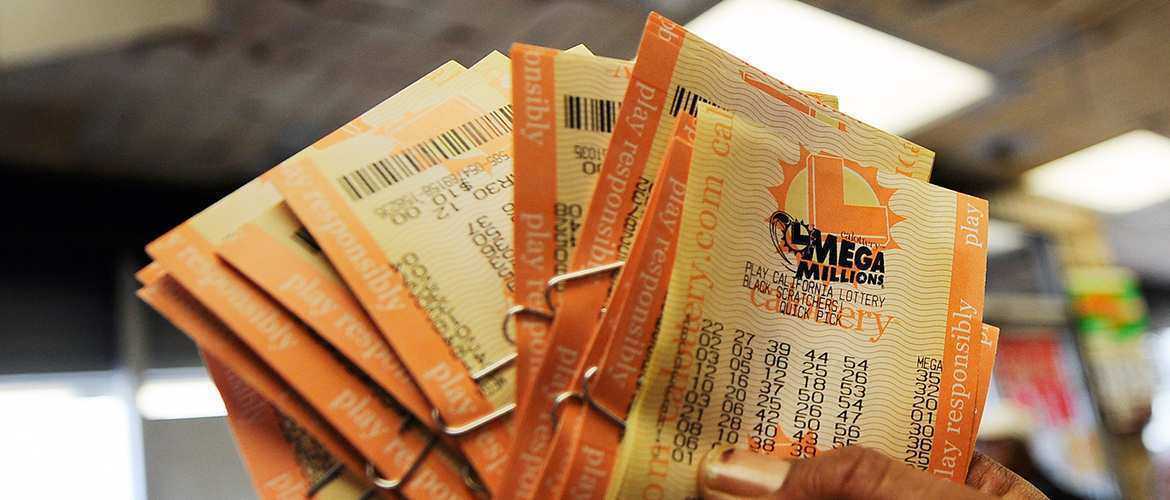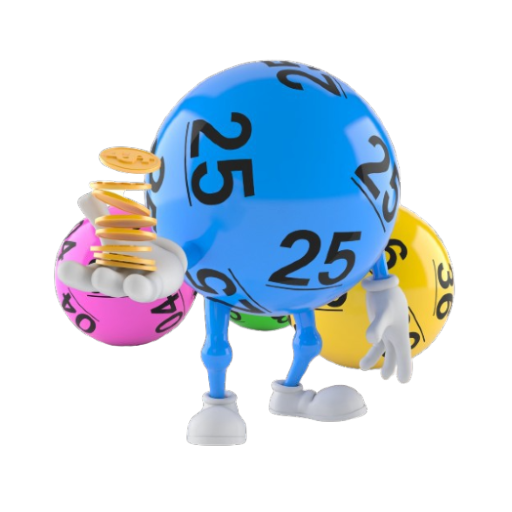Payout of prizes
Winnings (in USA) not necessarily paid in a lump sum , contrary to the expectations of many lottery participants. In some countries, mainly in the USA, the winner can choose between an annuity payment and a lump sum. One-time payment ( cash or lump sum payment ) represents the "smaller" amount, than announced (annuity) jackpot, even before applying any deductions, to which the prize is subject. While withholdings vary by jurisdiction and how winnings are invested, supposed, what's the winner, chooses a lump sum, expects to receive 13 of the advertised jackpot at the end of the tax year. In this way, jackpot winner 100000000 US dollars, who will pick cash, can count on a net amount of 33 333 333,33 USD after filing tax documents for the year, in which the jackpot was won.
Lottery annuities often range from 20 to 30 years. Some lotteries in the USA, especially those, which offer a "lifetime" prize, don't offer a lump sum option. According to some experts, it is better to choose an annuity, than a lump sum, especially those, who have no investment experience.
In some online lotteries, the annual payout is only 25000 dollars, and in the last year, a one-time payment is paid . This type of installment payment is often done by investing in securities, provided by the state. Online lotteries pay winners through their insurance . However, many winners choose the lump sum, as they think, that they can get a higher rate of return on their investment elsewhere.
In some countries, lottery winnings are not subject to personal income tax , therefore, tax implications should not be considered when choosing a payment method. In France, Canada, Australia, Germany, Ireland, Italy, New Zealand, Finland and the UK all prizes are immediately paid in a lump sum and are tax-free to the winner. In Liechtenstein, all winnings are tax-free, and the winner can choose to receive a lump sum or annuity in relation to the jackpot prizes.
In the United States, federal courts have consistently asserted, that the lump sum, received from third parties in exchange for rights to lottery annuities, are not capital assets for tax purposes. Rather, the lump sum is subject to normal income tax deductible.
Some people hire a third party, to cash out a lottery ticket. This can be done for, to avoid paying income tax, to hide the gain from alimony or money laundering, obtained from illegal activities; some jurisdictions investigate too frequent "winnings" and may freeze payments, to prevent these abuses.
In jurisdictions, where public disclosure is required for winners, to claim your prizes, some winners may hire an attorney, to create a blind trust for them, so they can claim their prize and remain anonymous. This is for, so that winners can avoid being scammed, jealousy and other flaws, that can occur when winning a lottery jackpot.
Fraud and fraud
Lottery, like any other type of gambling, susceptible to fraud, despite the high degree of care, declared by the organizers. There are numerous lottery scams .
Some types of online prepaid scams are lottery-based. Scam starts with spam, Congratulations to the recipient on a recent lottery win. The email explains, that in order to free up funds, the recipient of the email must part with a certain amount (in the form of taxes / fees) according to the rules, otherwise there is a risk of confiscation.
Another form of fraud involves the sale of "systems", whose purpose – increase the player's chances of picking winning numbers in the lottery. These scams are usually based on a customer misunderstanding (maybe, and the seller) probability and random numbers. However, the sale of these systems or software is legal, since they mention, that the product cannot guarantee a win, not to mention the jackpot.
There have also been several cases, when cashiers in lottery shops tried to lure their winnings from customers. In some places, the buyer must hand over the lottery ticket to the cashier, to determine, how much did they win, or, if they won at all, the cashier then scans the ticket, to define one or both. In those cases, when the client does not see or hears a signal about the scan results, some cashiers took the opportunity to declare, that the ticket is a loser or that it costs much less, what he is, and offer to "throw it out". “or secretly replace it with another ticket. Then the cashier puts the ticket in his pocket and takes it as his.
In the BBC series "Real vanity" was the lottery variant is shown, in which a group of scammers pretended to be, what won the lottery, but they were prevented from taking the prize, since man, who wrote the name on the back of the ticket, presumably absent. countries on this day. They managed to convince a stranger to deposit money as collateral, to split the prize pool.
In some cases, the lottery itself has been compromised by fraudsters. 1980 Pennsylvania lottery scandal involved weighing balls in . In a fraud scandal Hot Lotto в random number generator Hot Lotto code has been added, allowing a cheater to predict winning numbers on certain days of the year.
IN 2003 year Canadian geological statistician Mohan Srivastava discovered non-random patterns in the tickets "tic-tac-toe", sold by the Lottery and Gaming Corporation of Ontario . Tic-tac-toe was taken off the shelves and became the first game, ever remembered by OLG.
